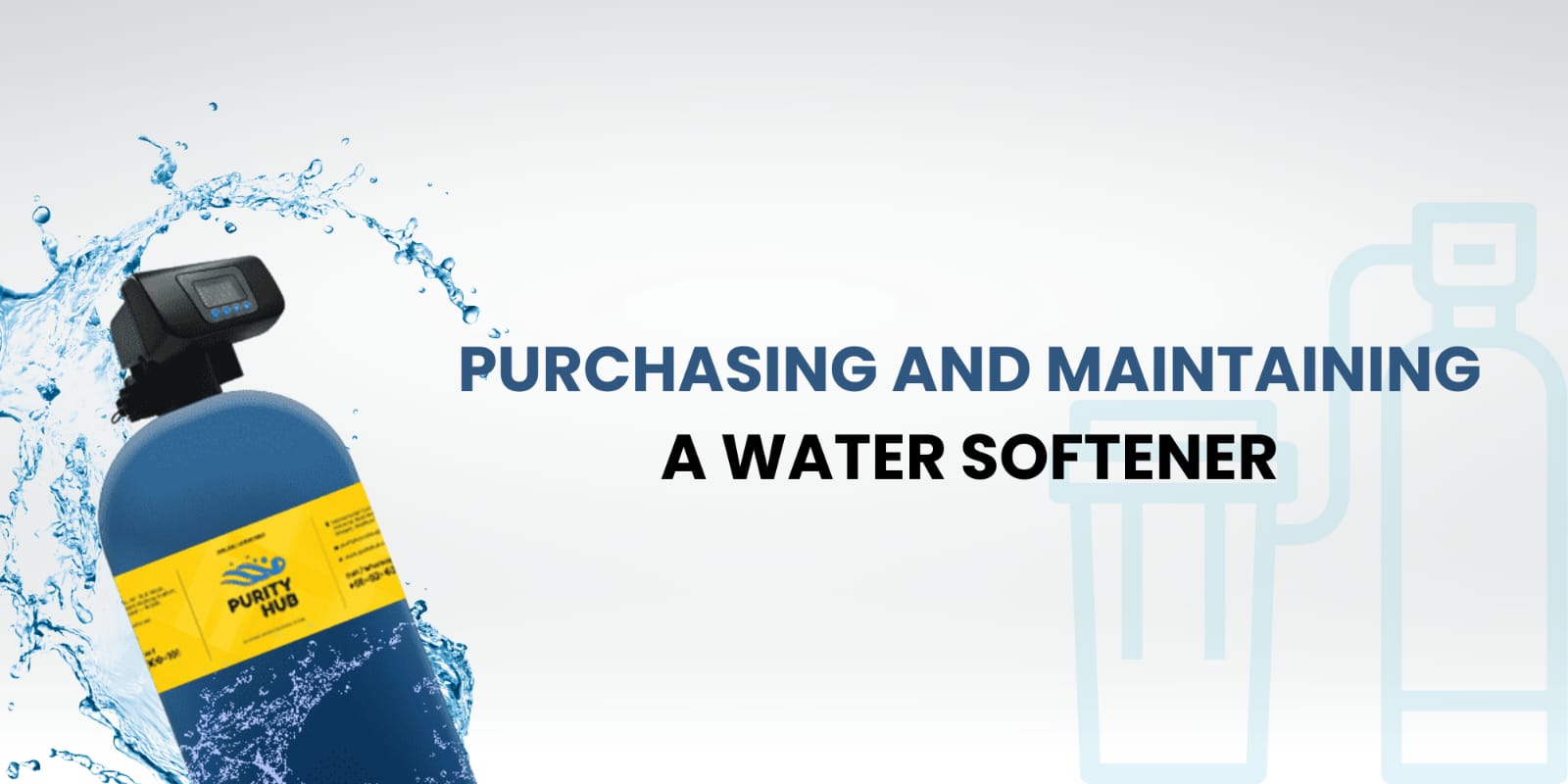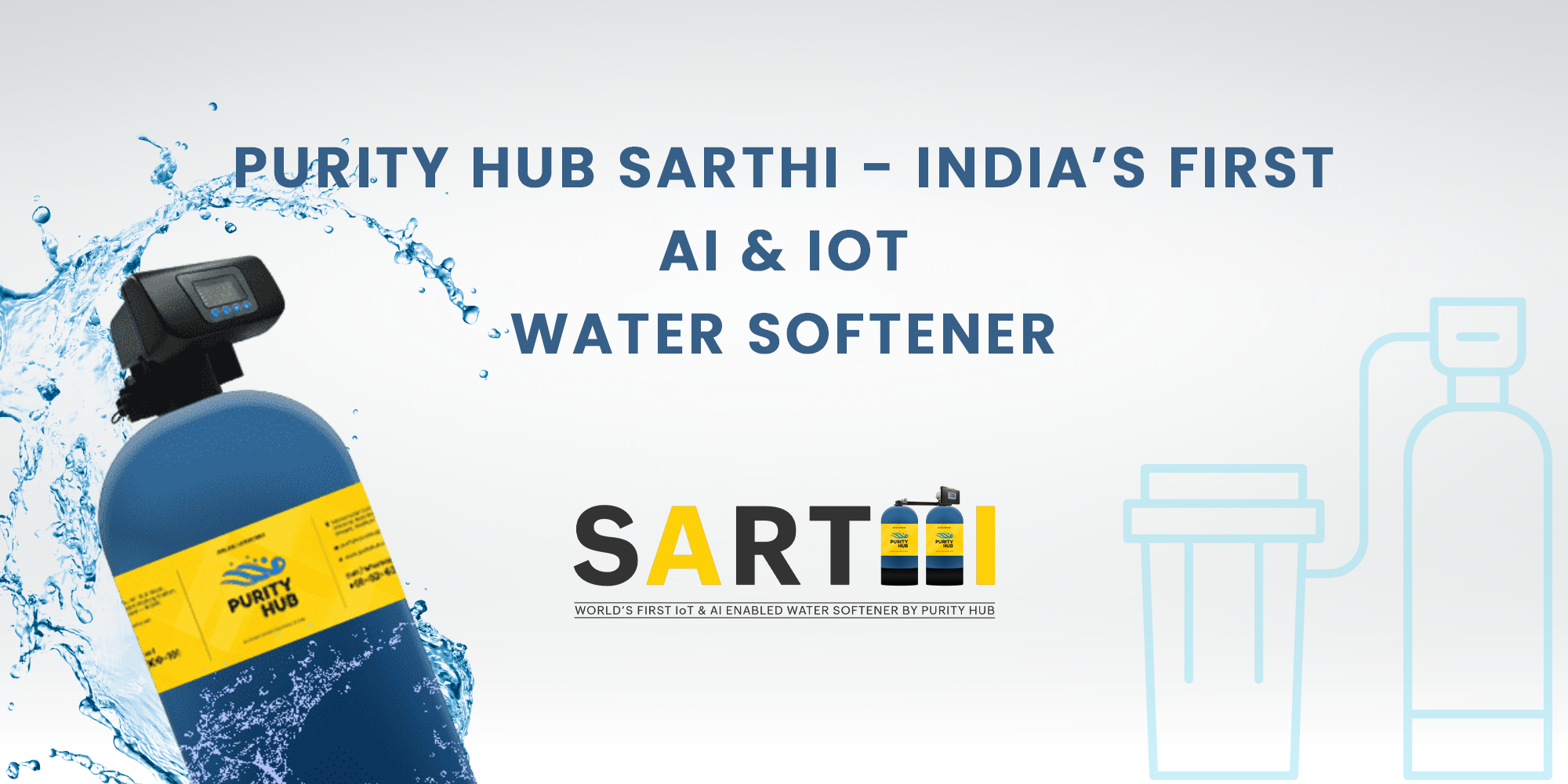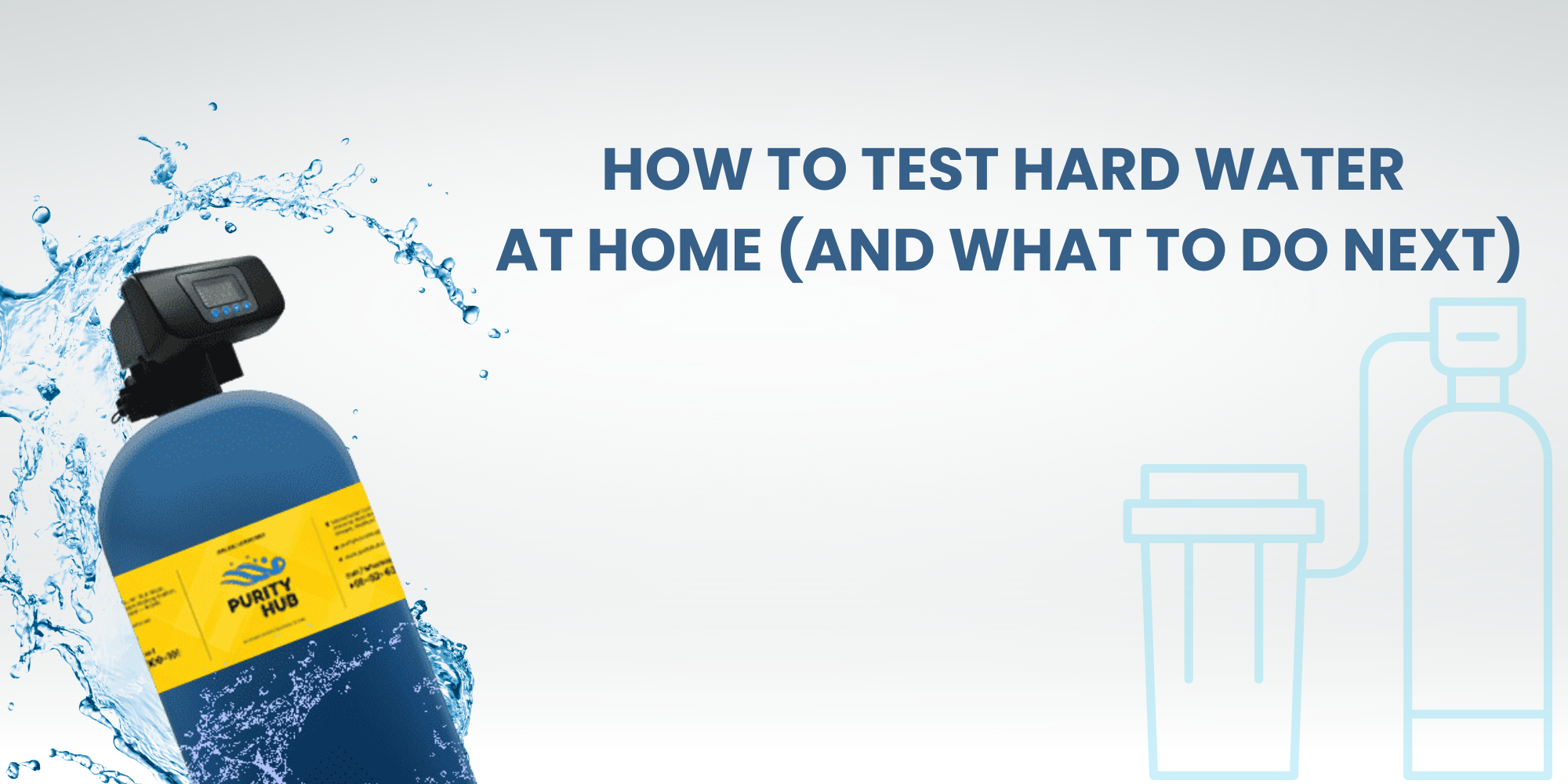
Water quality is a significant concern for many homeowners, particularly in areas where hard water is prevalent. Hard water, which contains high levels of calcium and magnesium, can cause a host of problems, from scaling in pipes to reducing the efficiency of appliances. To combat these issues, many people turn to a water softener. But how do you go about purchasing and maintaining the **best water softener** for your home? Here’s a comprehensive guide to help you make an informed decision.
Why Invest in a Water Softener?
Before diving into the purchasing process, it's essential to understand why investing in a water softener is beneficial. Hard water can lead to several problems, including:
1. Scale Buildup: Hard water causes scale buildup in pipes and appliances, reducing their efficiency and lifespan.
2. Soap Scum: The minerals in hard water react with soap, leaving behind a residue that can be difficult to clean.
3. Skin and Hair Issues: Hard water can make your skin feel dry and your hair look dull.
4. Increased Energy Bills: Scale buildup in water heaters can make them less efficient, leading to higher energy costs.
A water softener removes these minerals, providing soft water that is gentler on your home and your skin.
Choosing the Best Water Softener
When it comes to selecting the best water softener for your home, several factors need to be considered:
1. Water Hardness Level: The hardness of your water will determine the capacity of the water softener you need. You can test your water hardness using a kit or consult your local water provider.
2. Household Size: The number of people in your home will impact the amount of water you use daily, which in turn affects the size of the water softener required.
3. Type of Water Softener: There are different types of water softeners, including salt-based ion exchange, salt-free, and dual-tank systems. Each type has its pros and cons:
- Salt-Based Ion Exchange: The most common and effective type, but it requires regular salt refills.
- Salt-Free Systems: Use a different technology to condition water but may not be as effective for very hard water.
- Dual-Tank Systems: Ideal for larger households or areas with very hard water, as they offer continuous soft water.
4. Regeneration Process: The regeneration process is when the water softener cleans itself, which can be based on time (timer-controlled) or water usage (demand-initiated). Demand-initiated systems are generally more efficient, as they regenerate only when necessary.
5. Certification and Warranty: Ensure the **best water softener** you choose is certified by organizations like NSF International, and check the warranty for peace of mind.
Maintaining Your Water Softener
Once you've selected and installed your water softener, proper maintenance is crucial to ensure it functions effectively and lasts as long as possible. Here are some essential maintenance tips:
1. Check Salt Levels Regularly: For salt-based systems, it’s important to keep an eye on the salt level in the brine tank. Refill it with high-quality salt when needed, but avoid overfilling.
2. Clean the Brine Tank: Over time, the brine tank can accumulate sediment and other impurities. It's advisable to clean the tank once a year to maintain optimal performance.
3. Inspect the Resin Bed: The resin bed is where the actual ion exchange process occurs. Occasionally, the resin may need cleaning or replacement. Signs that your resin bed needs attention include reduced water softness or a salty taste in the water.
4. Check for Salt Bridges: A salt bridge is a hard crust that forms in the brine tank, preventing the water softener from regenerating properly. If you notice that your salt level isn’t decreasing, a salt bridge might be the issue. Break it up carefully to restore normal operation.
5. Regularly Test Water Hardness: Even with the best water softener, it's a good idea to periodically test your water hardness to ensure the system is working correctly. If you notice any changes, it may be time for maintenance or adjustments.
6. Professional Servicing: While many maintenance tasks can be done by the homeowner, it’s wise to have your water softener professionally serviced annually. A technician can check for any underlying issues and ensure everything is in optimal condition.
Conclusion
Investing in a water softener is a smart decision for anyone dealing with hard water issues. By choosing the best water softener for your needs and maintaining it properly, you can enjoy the benefits of soft water, such as longer-lasting appliances, better skin and hair, and reduced energy bills. With proper care, your water softener will provide years of trouble-free service, protecting your home and enhancing your quality of life.



